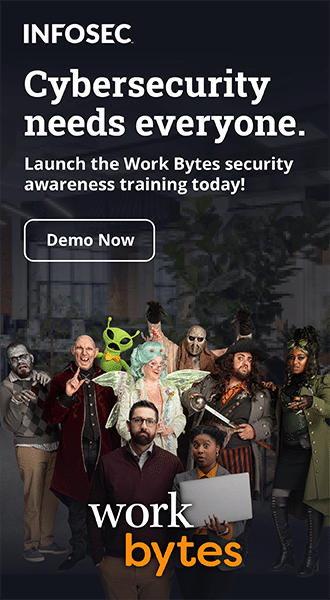4 common social media scams (and how to avoid them)
There are 4.9 billion social media users globally, with the number steadily rising. It can be a great way to connect with friends, family and colleagues. Facebook, Instagram, LinkedIn: these platforms and more are great ways to expand human connection. But they also present new cybersecurity challenges.
With that in mind, learning what threats are out there and how to protect yourself from them is essential.
Common social media threats
Impersonation
When you’re on social media, attackers might pretend to be someone you know: a friend, a relative or a colleague. They use these fake identities to trick you into accepting their friend request. Then, they have access to your profile, photos and posts.
But how could an attacker impersonate you? If your profile and friends list are public, hackers can duplicate it. They will then send new friend requests to everyone on the friends list. These connections will accept the request thinking it belongs to you, and then their profiles can be duplicated, and the process begins again.
Phishing
With phishing, hackers send phony messages to trick you into action, usually by clicking a link or attached file. Sometimes, they send messages, pretending to have photos of you or sharing a video. Other attackers buy ad space on popular websites and advertise their phony sites. These look like trendy online stores, but hackers will steal your data if you visit these sites and try to buy something. Others still use social engineering scams, creating an elaborate story to convince you to send money.
Strengthen security awareness with human risk management
Infosec HRM, powered by Right-Hand Cybersecurity, provides alert-based training nudges to minimize human risk at your organization. 
Romance scams
Romance scams are the most common social media attack, scamming 70,000 people out of $1.3 billion in a year. Hackers create a fake identity and begin an online relationship with you. Then they claim they're in trouble and ask you to send money. They might instead blackmail you using explicit photos or texts you sent them. And you are less likely to report them due to embarrassment, and they start with a new target.
Quizzes
It might seem fun to discover your superhero name, but it might actually be dangerous. Hackers design these quizzes to get you to reveal personal information they can use to hack you. Think you’re safe revealing that your favorite band is U2 or your favorite sports team is the Boston Red Sox? For over 33 million people, these answers would have revealed a password. For others, they shared an answer to one of their security questions.
Avoiding scams
-
Avoid social media altogether
-
Use the highest privacy setting available
-
Be careful about accepting friend requests
-
Never take social media quizzes
-
Change your passwords and report immediately if you think you’ve been the victim of a social media scam
If you stay safe and be careful, you can protect yourself and others from potential scams. Send this article to your connections, and stay safe out there!
See Infosec IQ in action
![]()







